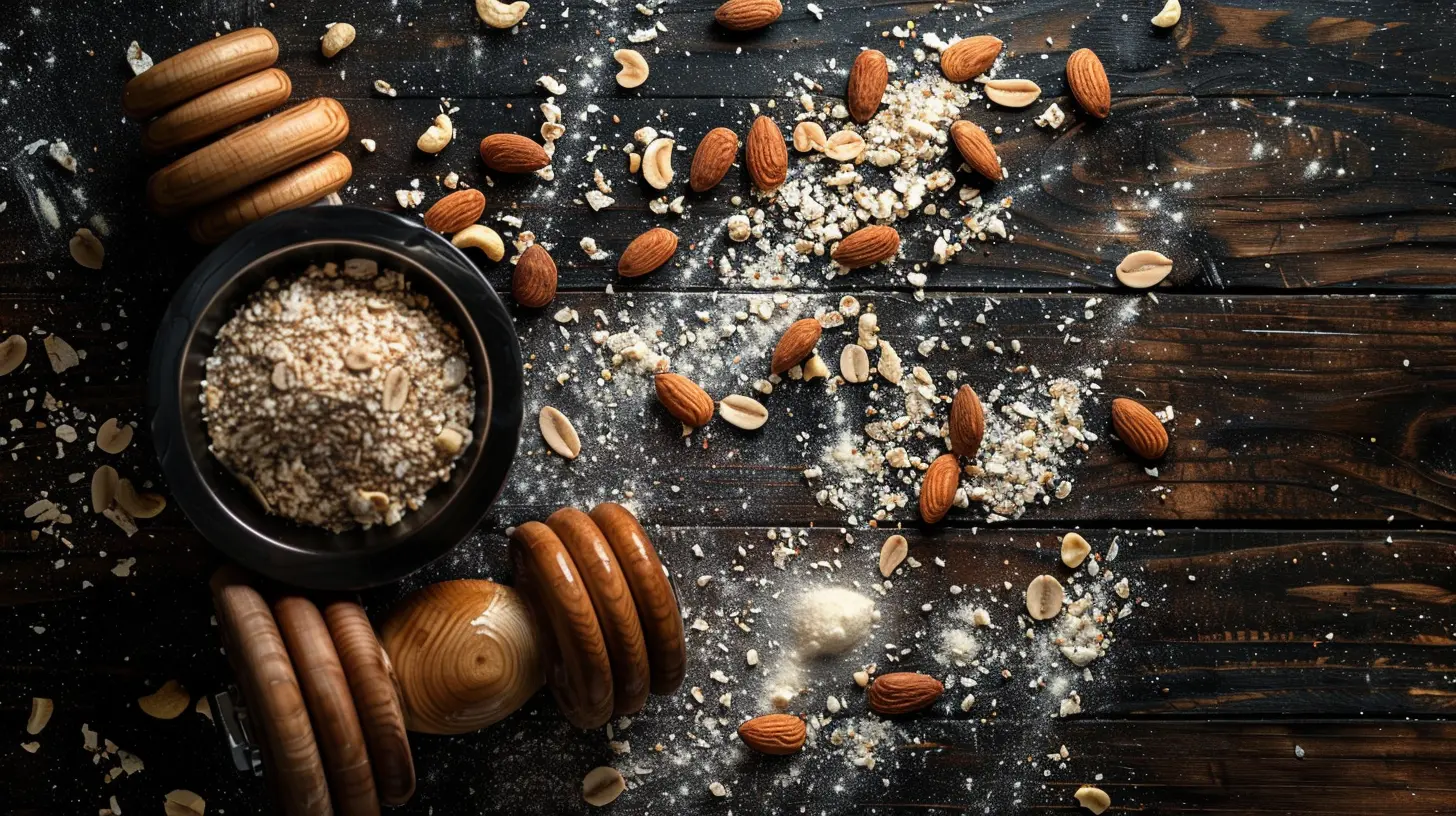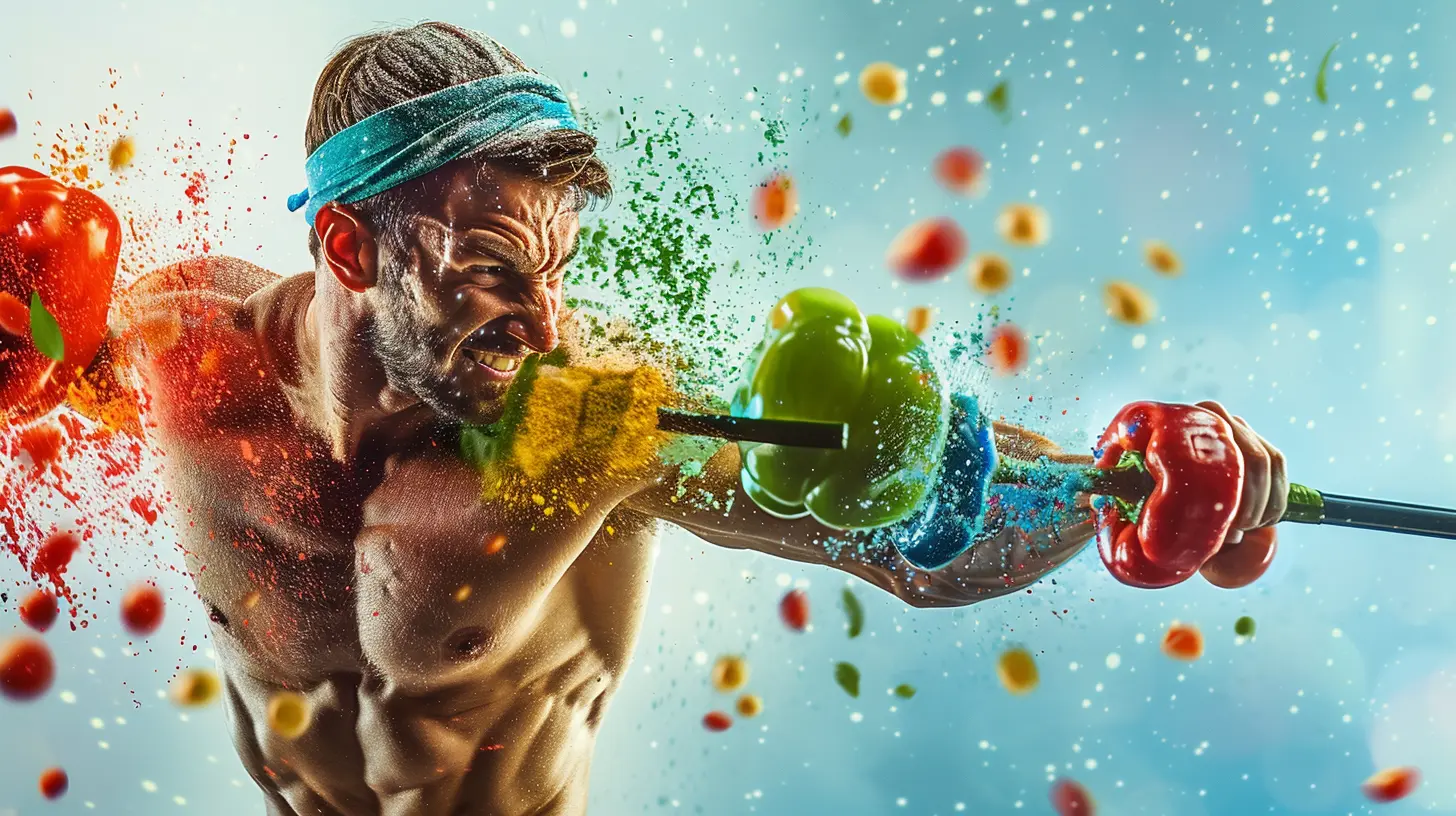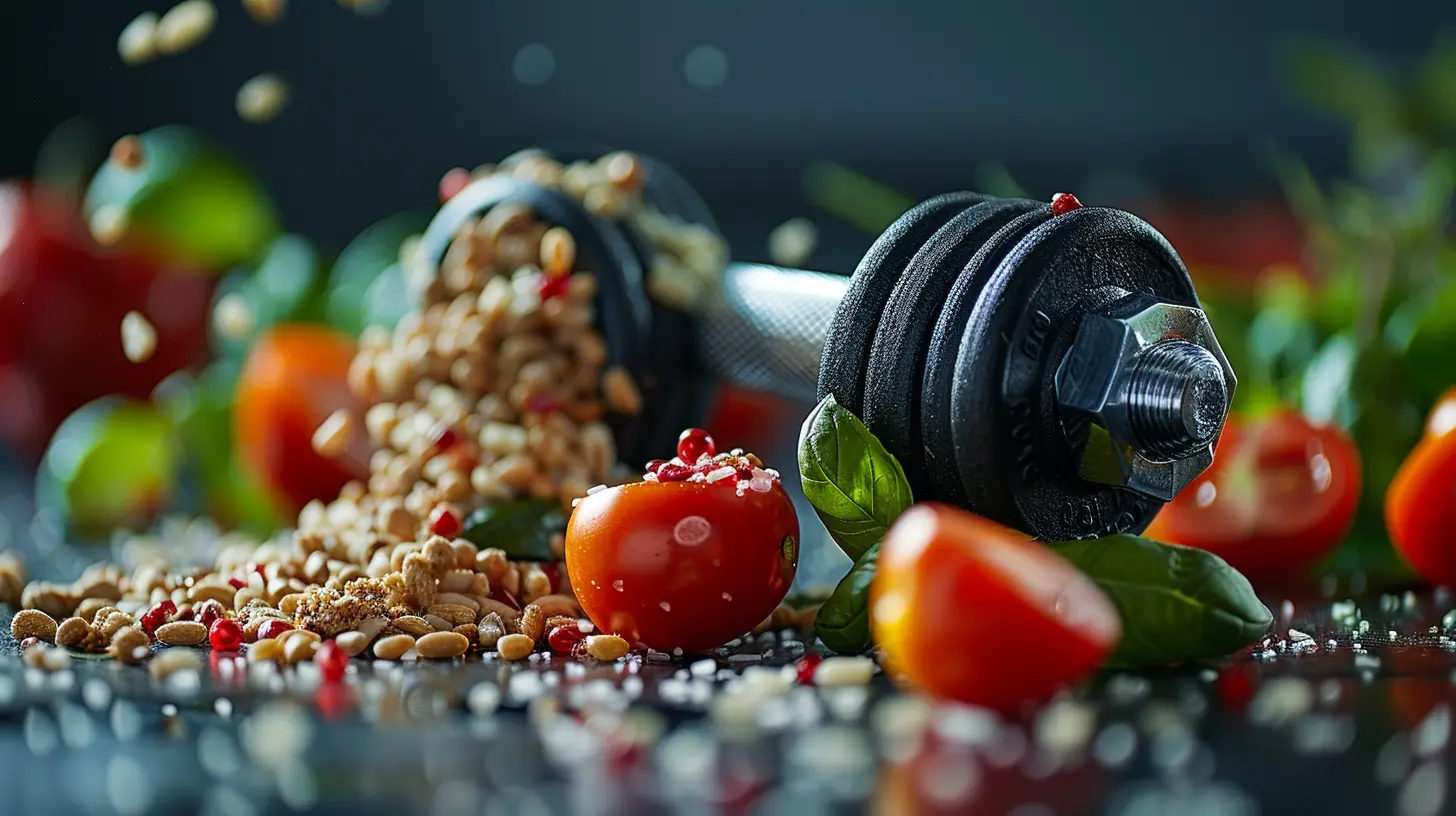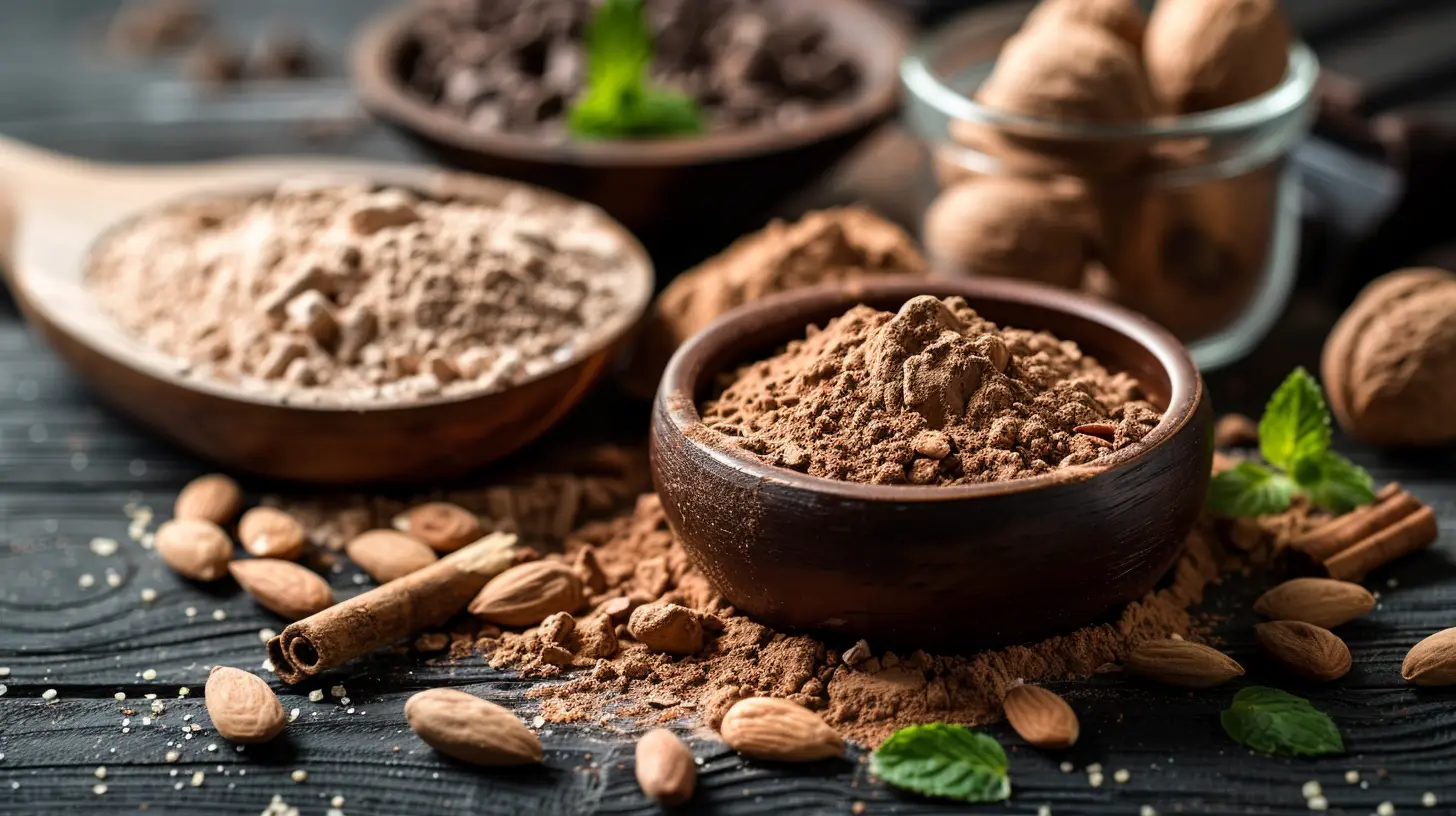Vegan and Vegetarian Nutrition for Athletes: Hitting Your Protein Goals
28 August 2025
So, you’re an athlete who’s ditched meat but still wants to crush your protein goals? First of all, props to you! While some people think athletes need to bathe in whey protein and eat chicken for every meal, the truth is—you can build muscle, boost endurance, and recover like a champ on a vegetarian or vegan diet.
But how do you get enough protein while avoiding the dreaded question, “Where do you get your protein from?” that every plant-based eater hears at least twice a week? Well, my plant-powered friend, grab your protein shaker (or a spoonful of peanut butter) and let’s break it down. 
Why Do Athletes Even Need Protein?
Before we start talking about tofu and lentils, let’s cover the basics. Protein is the superstar macronutrient that helps repair and build muscles, supports immune function, and keeps you from feeling like a noodle after an intense workout.Whether you’re a runner, a weightlifter, or just someone trying to out-squat their best friend, protein is essential for muscle repair and growth. The general recommendation for athletes is around 1.2–2.0 grams of protein per kilogram of body weight—which means yes, even plant-based athletes need their fair share.
But don’t worry! You don’t need to start chugging raw egg whites or sniffing out steak. Plant-based protein sources are just as effective for fueling your athletic performance. 
Best Plant-Based Protein Sources for Athletes
1. Legumes: The Mighty Muscle Builders
Beans, lentils, and chickpeas aren’t just for soup—they’re little protein powerhouses. One cup of cooked lentils delivers around 18 grams of protein, which is basically nature’s protein shake.Besides being loaded with protein, legumes bring along fiber, iron, and slow-digesting carbs—keeping you fueled and satisfied for hours. Plus, they don’t require a gym membership to afford.
Pro tip: Pair legumes with whole grains like brown rice or quinoa to form a complete protein, ensuring all essential amino acids are covered.
2. Tofu, Tempeh, and Edamame: The Soy Squad
Soy-based foods are the MVPs of plant protein.- Tofu (10g per ½ cup) – The Swiss Army knife of plant-based eating. You can grill it, scramble it, or blend it into a smoothie (yes, really).
- Tempeh (16g per ½ cup) – A firmer, nuttier, and even higher-protein cousin of tofu.
- Edamame (17g per cup) – Basically soybeans in their most natural form, great for snacking or tossing into a stir-fry.
Soy is a complete protein, meaning it has all nine essential amino acids, making it a fantastic option for athletes who need quality muscle fuel.
3. Quinoa: The Grain That Thinks It’s a Protein Shake
Quinoa is like that overachieving kid in school—it’s a grain, but it also acts like a protein. With 8 grams of protein per cup, it’s one of the few plant-based complete proteins. Plus, it’s packed with magnesium, which helps prevent muscle cramps (because no one likes those).Cook up a big batch and throw it in salads, grain bowls, or even breakfast porridge for an easy protein boost.
4. Nuts and Seeds: Small But Mighty
If you’re looking for protein-dense snacks, nuts and seeds are your best friends.- Almonds (6g per ounce) – Great for snacking, but even better when turned into almond butter.
- Chia Seeds (5g per 2 tbsp) – Also loaded with omega-3s, because your joints deserve some love too.
- Hemp Seeds (10g per 3 tbsp) – The protein king of the seed world. Sprinkle these bad boys on everything.
- Pumpkin Seeds (7g per ounce) – A crunchy way to sneak in more protein.
Nuts and seeds are also packed with healthy fats, so they keep you full and your energy levels steady—ideal for endurance athletes.
5. Plant-Based Protein Powders: The Easy Button
Sometimes, chewing through lentils all day just isn’t practical. Enter plant-based protein powders—a lifesaver for busy athletes.- Pea protein – High in branched-chain amino acids (BCAAs) for muscle recovery.
- Brown rice protein – Easy on the stomach and great when mixed with pea protein.
- Hemp protein – Loaded with omega-3s and fiber, making it great for digestion too.
Blend these into a smoothie with some banana, almond butter, and non-dairy milk for a quick post-workout protein punch. 
How to Hit Your Protein Goals the Easy Way
Alright, now that you know where to get your protein from, how do you actually eat enough of it without feeling like you're constantly munching on chickpeas? Here’s the secret: build your meals with protein in mind.1. Start with a Protein Source
Whether it’s tofu, lentils, or quinoa, make sure your meal has a solid protein base.2. Add Healthy Fats and Fiber
Avocados, nuts, and seeds not only boost protein but also keep you full longer.3. Snack Smart
Swap out empty-calorie snacks for protein-rich ones like hummus with veggies, roasted chickpeas, or a handful of almonds.4. Get Creative with Your Meals
Try protein-packed pancakes, lentil tacos, or even protein-rich overnight oats. Who said plant-based diets are boring?
But... Can You Build Muscle on a Plant-Based Diet?
Short answer? Absolutely. Long answer? Muscles don’t care where the protein comes from, as long as they get enough of it.Plant-based athletes like Venus Williams, Lewis Hamilton, and Scott Jurek have proven time and time again that you don’t need meat to be at peak performance. As long as you're eating a well-balanced diet and hitting your protein targets, you're golden.
Plus, going plant-based can reduce inflammation, speed up recovery, and improve digestion—so you’re not just fueling your body, you’re optimizing it.
Final Thoughts: Fueling Like a Plant-Based Pro
Eating a vegan or vegetarian diet as an athlete isn’t about just surviving—it’s about thriving. With plenty of protein-rich plant foods, smart meal planning, and maybe a little peanut butter addiction, you can hit your protein goals with ease.So the next time someone asks, "But where do you get your protein?" just flex those plant-powered muscles and say, "Everywhere.
all images in this post were generated using AI tools
Category:
Sports NutritionAuthor:

Umberto Flores
Discussion
rate this article
1 comments
Aris Wolf
Great insights! Essential read for plant-based athletes.
October 3, 2025 at 12:05 PM

Umberto Flores
Thank you! I'm glad you found it helpful for plant-based athletes.


